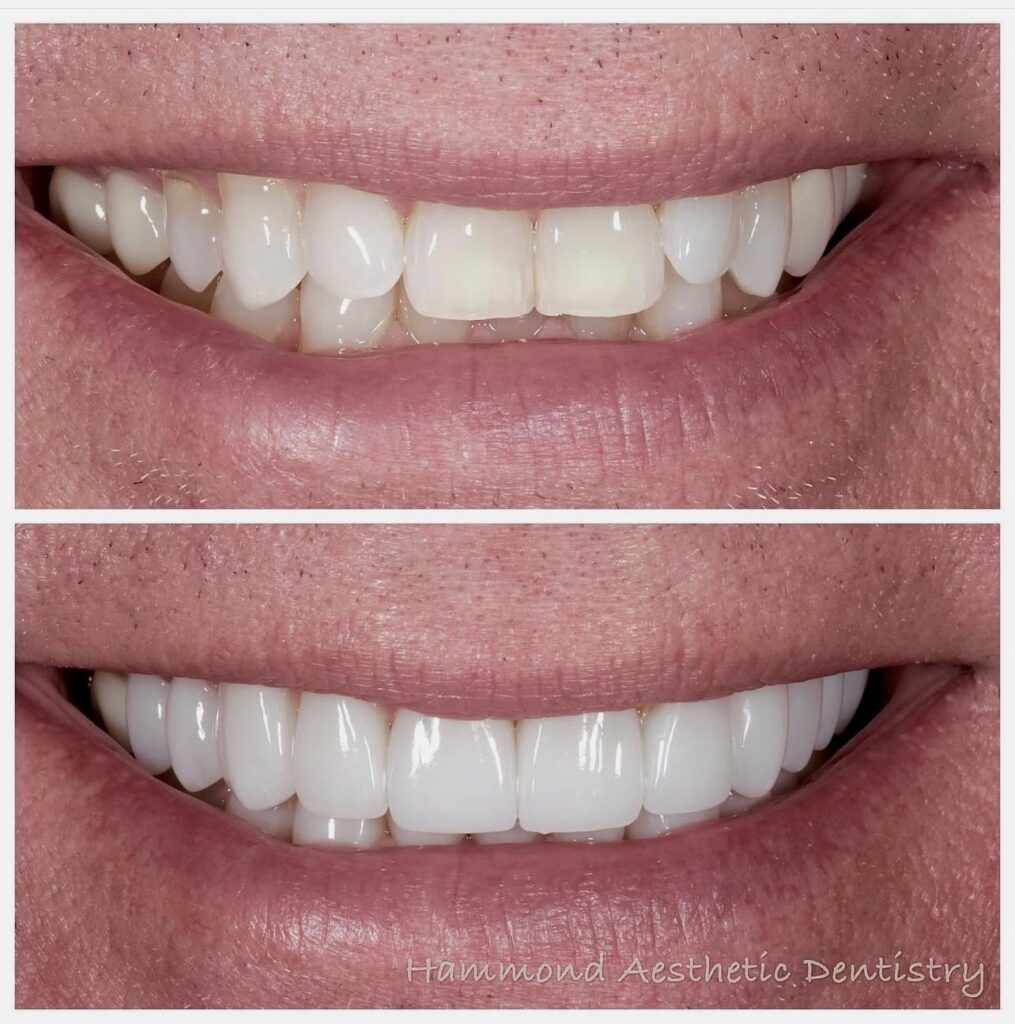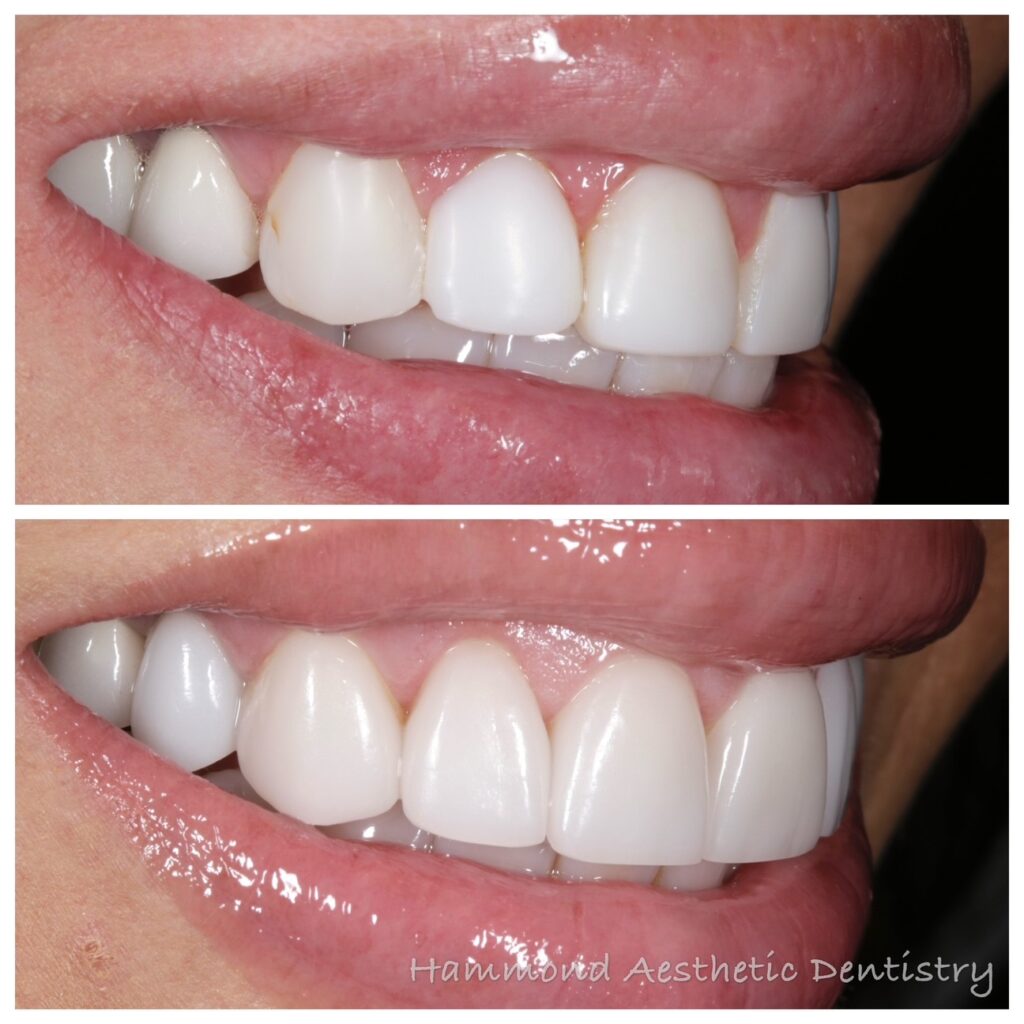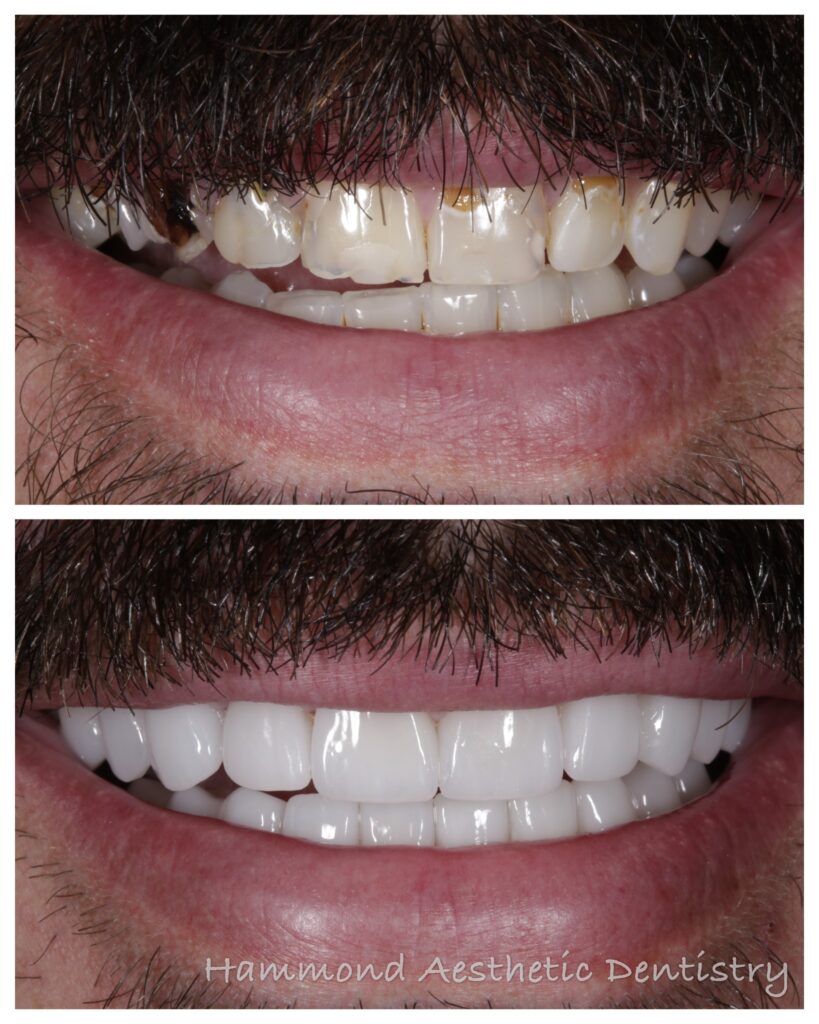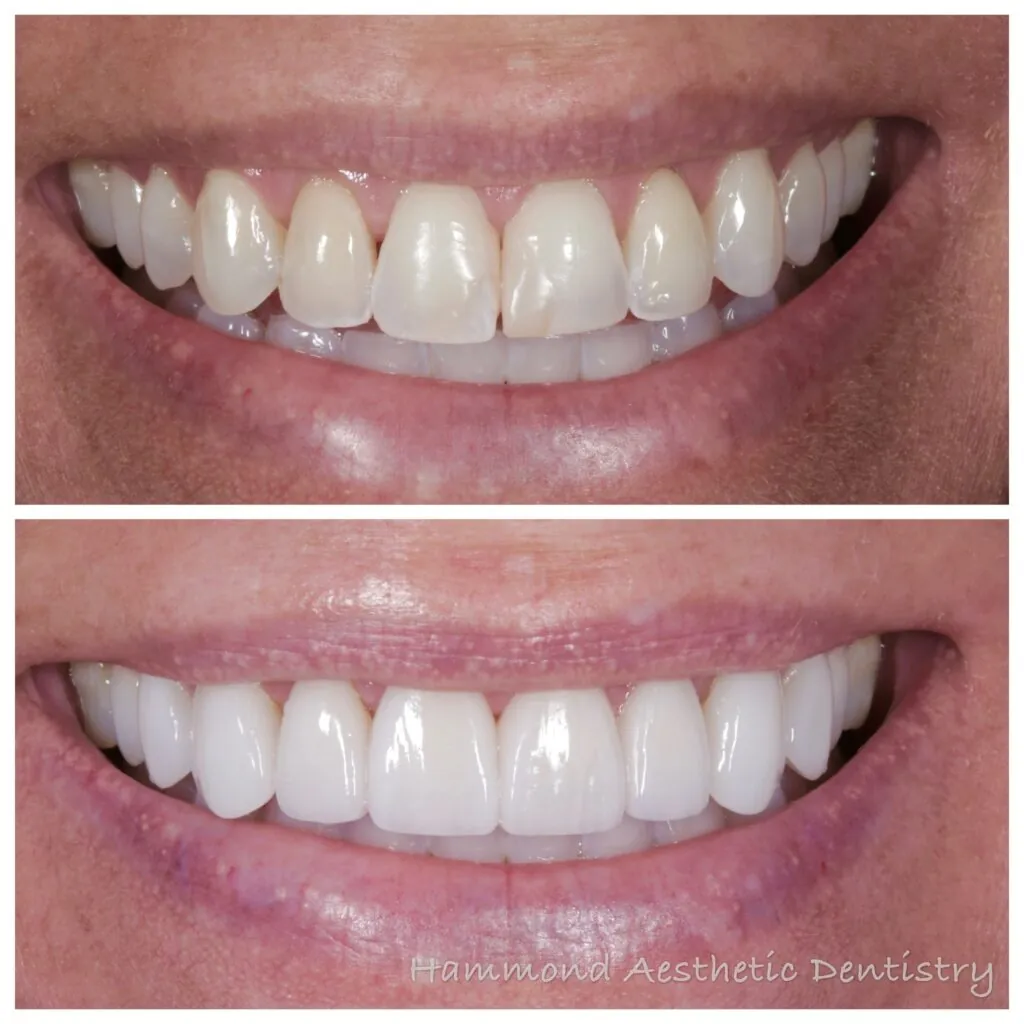How to Keep Your Teeth for a Lifetime
It’s a common myth that senior citizens are destined to lose their teeth, reports the Academy of General Dentistry. There is no reason seniors cannot keep their teeth for a lifetime since tooth loss is simply the result of an oral disease–not the aging process.
The elderly, who make up the fastest growing segment of the U.S. population, are healthier and have kept more of their natural teeth than prior generations. But there’s still room for improvement. More than half of all seniors do not visit a dentist even once a year — one of the key preventive strategies in ensuring that teeth last a lifetime.
“They often take long absences from seeing the dentist,” says Nick Russo, DDS, spokesperson for the Academy of General Dentistry. “Sometimes they stop caring as much because they’re not out in the public very much, and they think oral hygiene doesn’t matter.”
Family members should encourage seniors who are disabled or have trouble getting around to seek dental care, Dr. Russo says. Seniors planning to enter a nursing home should inquire about on-site dental care.
Regular dental visits are especially important for older people since many suffer from dry mouth, which slows down the flow of saliva. Saliva plays a major role in preventing tooth decay by rinsing away food particles and neutralizing harmful acids. Dry mouth often comes with old age, but can also be caused by medications like antihistamines, decongestants, antidepressants and diuretics. Dry mouth can often be treated by the dentist.
Along with regular dental visits, seniors should floss daily and brush twice a day with a fluoride toothpaste. They should also ask their dentist about fluoride rinses and gels, since studies show that seniors who brush regularly with fluoride toothpaste or use a fluoride rinse or gel regularly have fewer cavities. Seniors are most likely to get cavities where old fillings have chipped or where root surfaces are left unprotected by receding gums.
Other suggestions for keeping teeth for a lifetime: snack in moderation and avoid snacks with sugars and cooked starches, and alert the dentist to any change in medication.
Following these preventative measures should help prevent seniors from joining the 42 percent of the population over 65 who wear dentures. But even seniors with no teeth still need to visit the dentist regularly since many aspects of oral health, such as adjusting ill-fitting dentures and oral cancer screenings can be handled at routine dental visits.





